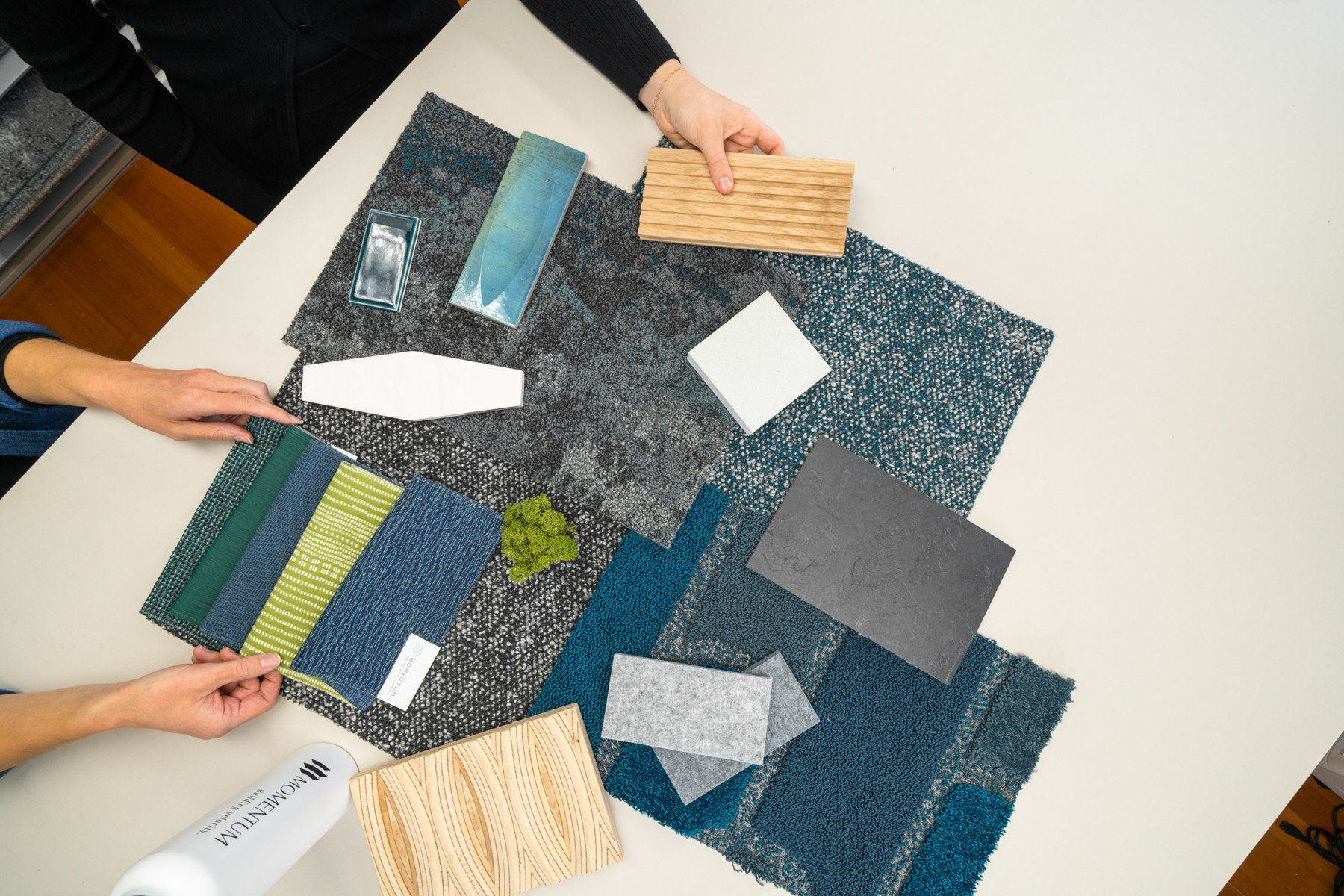Environmental sustainability is once again returning to the top-of-mind for credit unions, and for good reason. A recent study by McKinsey showed that brands investing in ESG (environmental, sustainability, and governance) efforts saw 40% higher growth than those that don’t.
So what has changed over the years, and is it worth it to pursue LEED and other environmental certifications?
Well for one, efforts by organizations like HAPO Community Credit Union, Verity Credit Union, and Oregon State Credit Union to pursue LEED certification has put pressure on supply chains to become greener and helped develop the skills and experience of design and construction professionals worldwide.
Where LEED Certification was once a challenge to achieve, in part due to difficulty sourcing sustainable materials and furniture as well as developing processes to build more sustainably, the green supply chain and project management processes have matured.
The chair you’re sitting in while you read this is likely GREENGUARD Certified, meaning that the materials and manufacturing meet sustainability standards. In the past decade the entire construction supply chain has undergone a rapid transformation to become more sustainable.
Processes have also improved. We do our best to source locally – as many materials as possible are source within 500 miles of our project locations and we reinvest around 85% of a project’s cost in the local community.
Green design and construction practices have an outsized impact on the environment as well, as buildings account for a staggering 30% of greenhouse gas emissions in the United States.
The result is that building sustainable branches and workplaces has become easier than ever for credit unions. This presents an excellent opportunity to demonstrate your commitment to environmental sustainability to your members and your community. And by extension, this will help you reach a growing percentage of your market that cares deeply enough about this issue to factor it into their decision around what organizations they do business with.
To learn more, check out this recent interview with our own Mark Alguard and CU Broadcast’s Mike Lawson on the topic. And reach out today to learn how you can make your next project more sustainable.

